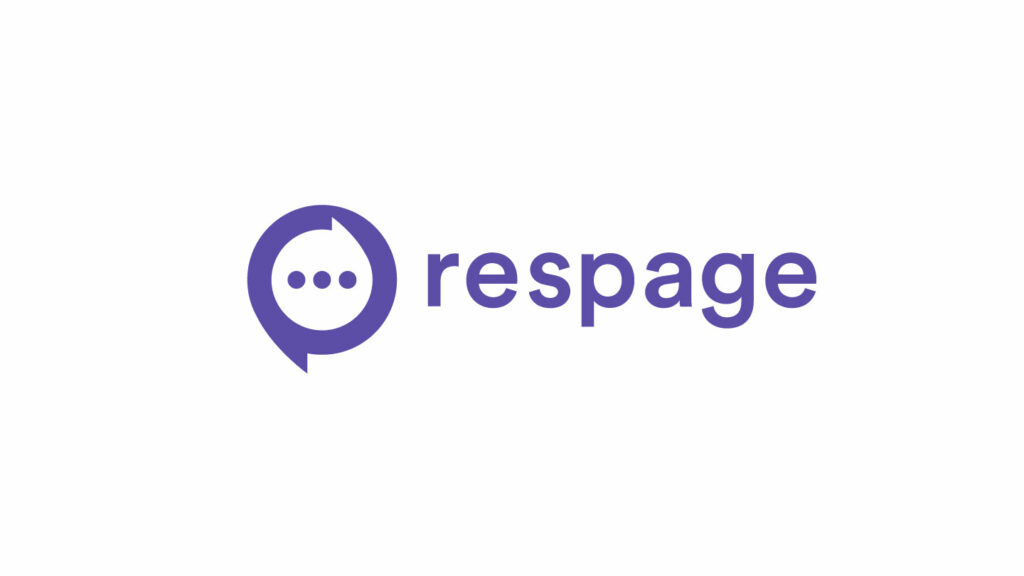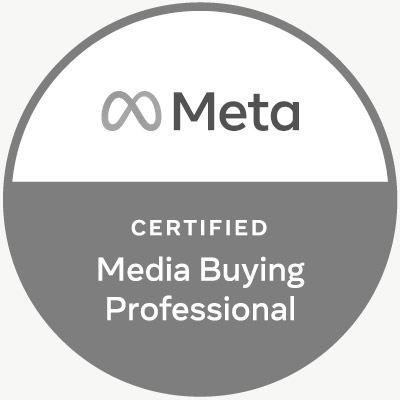A long time ago, ‘technical SEO’ was everything. Meta keywords, meta descriptions, sitemaps, and directory submissions defined the search-friendly. No more. Today, Google wants users to find what they’re looking for, and the technical side of things simply aids in that.
What does this mean for your business’s SEO strategy? Here’s how it breaks down:
Intent over Keywords
Traditionally, SEO has been about understanding what keywords to rank for. With search patterns undergoing such dramatic change in recent years, understanding intent is vital.
This helps you craft useful, compelling content — the key to SEO success.
Yes, there are no shortcuts: your content must be geared to problem solving. Keywords are still an important starting point, but users prefer content that offers solutions. Got everything consumers need to know about building a better mousetrap? Google will reward you.
The Interconnected Web
Include outbound links where possible and appropriate. They show that you’re part of the global discussion around your industry. This isn’t just cosmetic; it allows Google to associate you with related topics. If your content is valuable, others will link to you as a resource.
But please, don’t over-do it — only drop in high quality links to trusted, valuable resources. Your customers will thank you.
Useful Content is Shareable Content
What’s shareable? The unique, the memorable, the truly useful.
A useful piece of content understands the longtail of user intent and helps solve a specific problem or provide desired information. In order to do that effectively, it’s likely you’ll need to pull in outside resources to do it — so link to them.
Don’t Forget About the Robots Completely
Don’t abandon technical SEO — it’s still important to make sure your site is optimized to help humans find all that information.
Meta descriptions tell humans what your site is about, even if they don’t technically hold any weight in the algorithm. Structured data markup helps search engines understand your business, content, and authors better as well.
Just Act Natural
At the end of the day, Google wants its users to find what they’re looking for, regardless of how they search for it. Ranking better for all of those searches will rely more on relevancy, authority and quality more than tight focus on keywords.






